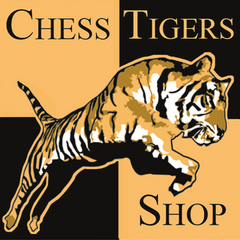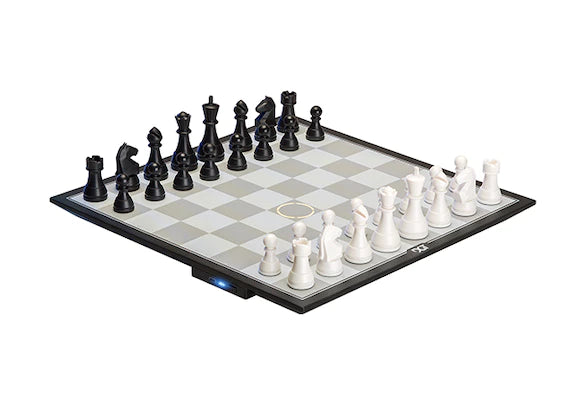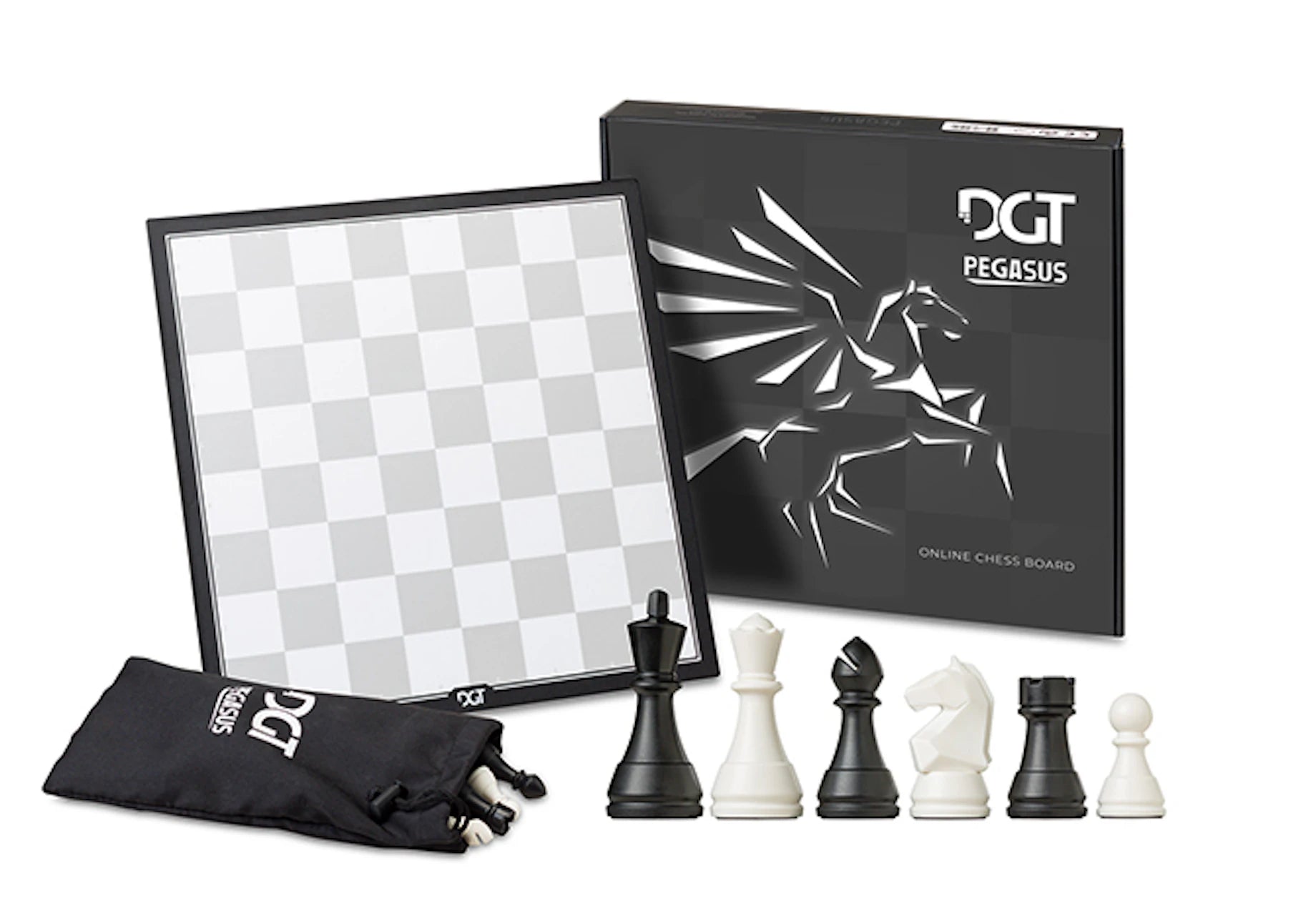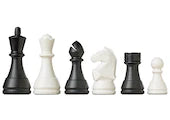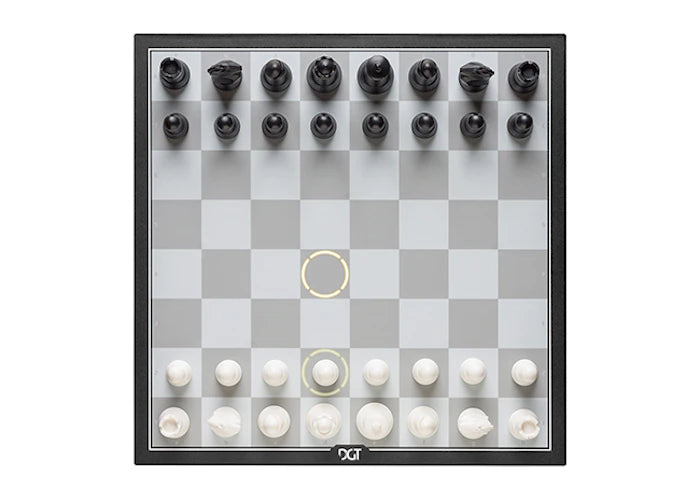Anyone who wants to analyze their game played on the board with the engine has to enter all the moves from the game form into a program in order to create a pgn file. This takes a long time and is also prone to errors. Klaus Knopf, a passionate chess player and software expert by profession, now has a solution for this: the pgnApp. Michael Busse interviewed him for the "Schachgeflüster by Chess Tigers Blog".

1. Hello Klaus, you offer the pgnApp. What problem does it solve?
Hello Michael, on the website you can convert your game form into the pgn format with just a few clicks. This means that the time required to enter the game is significantly reduced and digitizing the game is made easier. In addition, the games are saved and managed for you and you can share them with other users if you want to work on games together. At the same time, the interface adapts to your device, depending on whether you are working on a PC, tablet or mobile phone.

2. Who is the app intended for, i.e. who is your target group?
The application has three target groups. Firstly, chess players who want to quickly convert their games into pgn format for analysis. Secondly, clubs that specifically record their games in order to be better prepared for the next team match. And thirdly, tournament organizers who also want to record the boards that are not broadcast live.
3. What happens if the app cannot read the writing on the score sheet?
The software solution has its limitations. As a rule of thumb, it is faster than humans, but not better. This means that if a move is illegible or has been written down incorrectly, the user is given suggestions for possible moves to choose from or can enter the correct move using a chessboard. If you want to be particularly quick, we recommend that you always upload both game sheets so that both players can use the information and any weaknesses of the writers are compensated for.
4. Does the app also recognize if the notation is in English?
In addition to German and English, there are over 20 different notation languages used to record chess games around the world. In addition to German, English and French, the website now has four other notation languages, which are constantly being improved. Other notation languages will be added gradually. At the moment, the user selects the notation language for each form, so that games notated in English, for example, can also be recognized and processed.
5. How did you come up with the idea to develop the app?
I am a chess player myself and work in the software sector and have always been looking for an idea that doesn't yet exist. The idea came to me 5 years ago and when I asked around, it seemed that there really wasn't anything like it. I was particularly motivated by statements like "that's too complex" or "that's impossible". For me, it's like a huge puzzle with lots of exciting aspects.
6. Are you alone or is there a team behind you?
At first I was alone, but I quickly found other interested people who liked the idea. Now it's a whole team. There may be people who can do something like this on their own, but that's not me. For me, a software project is always a team task in which everyone can contribute their strengths. It's more fun that way. At this point I'd like to thank everyone who supports the idea.

Part of the pgnApp team at the GRENKE Chess Festival in Karlsruhe, right developer Klaus Knopf, left his wife Simone
7. Where can I buy the app and how much does it cost?
You can buy game contingents on the website. Depending on the package, the price is between 30 and 50 cents per game. If you want to test it first, you can get in touch to try it out for free. The information is on the homepage of www.pgn-app.com One more note: The functions are available via the website https://www.pgn-app.com provided that behaves like an app. This means you can get started directly on the website and don't have to go through a store.
8. Are you confident that the app will succeed in the market?
I am curious to see whether the solution will be accepted by the market - but if I don't try it, I won't know. It will also be interesting to see whether and how quickly newer technologies will generally gain acceptance on the market, such as DGT boards or a tablet for taking notes instead of game forms. We'll see!
9. Do you have any further plans for the future?
Yes, of course. There are always improvements that others or you notice yourself. Such as additional notation languages or convenience functions or improving the recognition or determination of the correct moves when moves are illegible. There is no shortage of puzzles here. Another idea is a service for tournament organizers who would like to have their games recorded but don't want to do it themselves. Let's see if there is any interest in this.
10. Good luck, Klaus!
Thank you very much!
